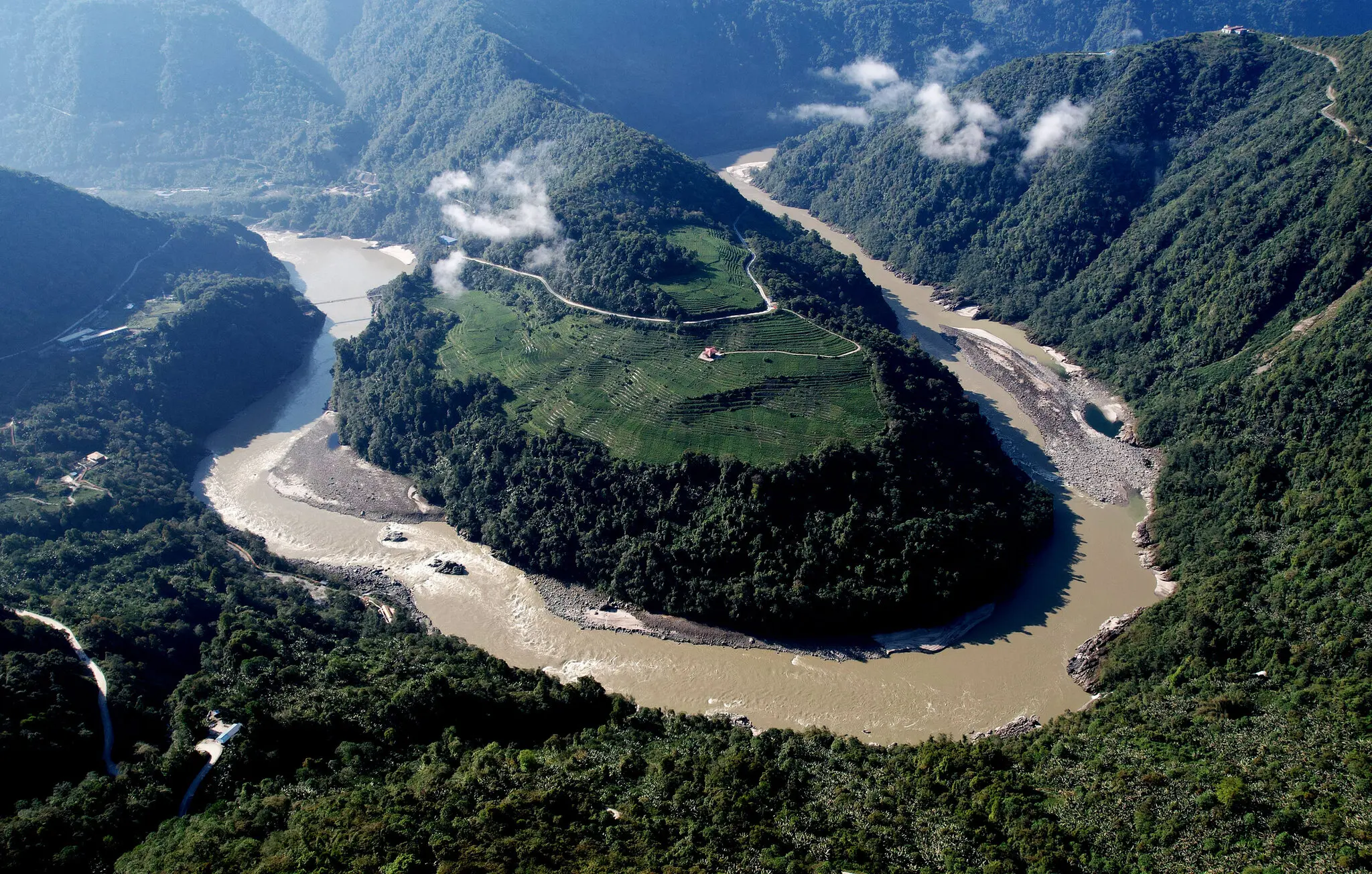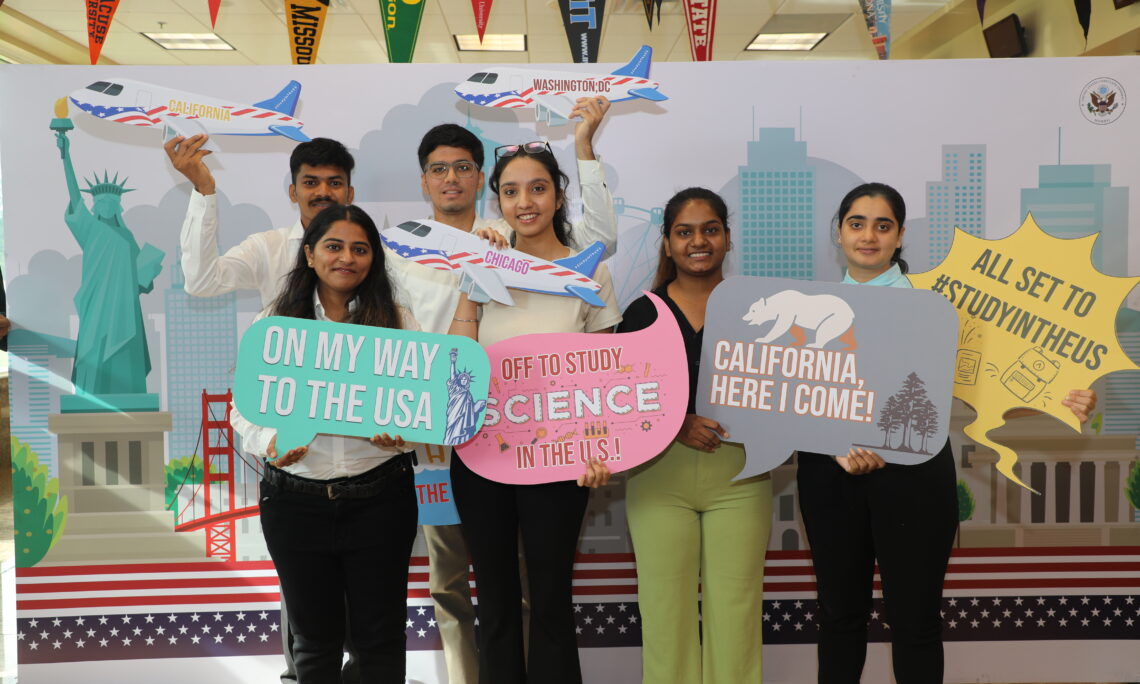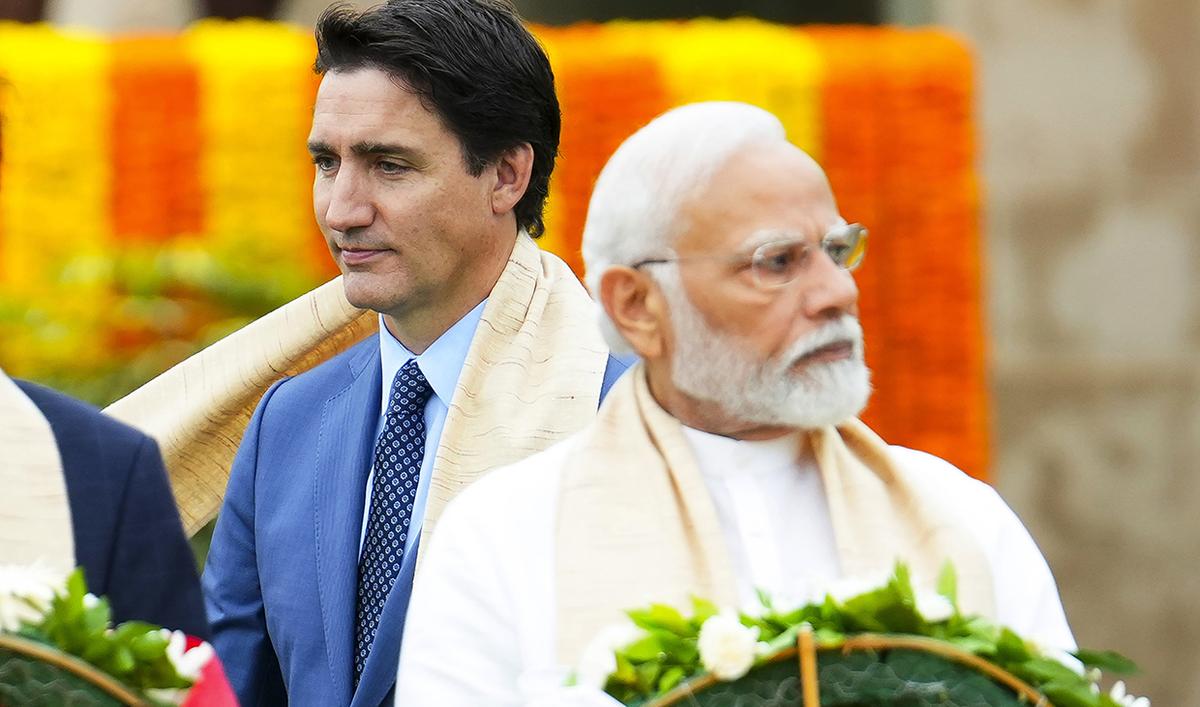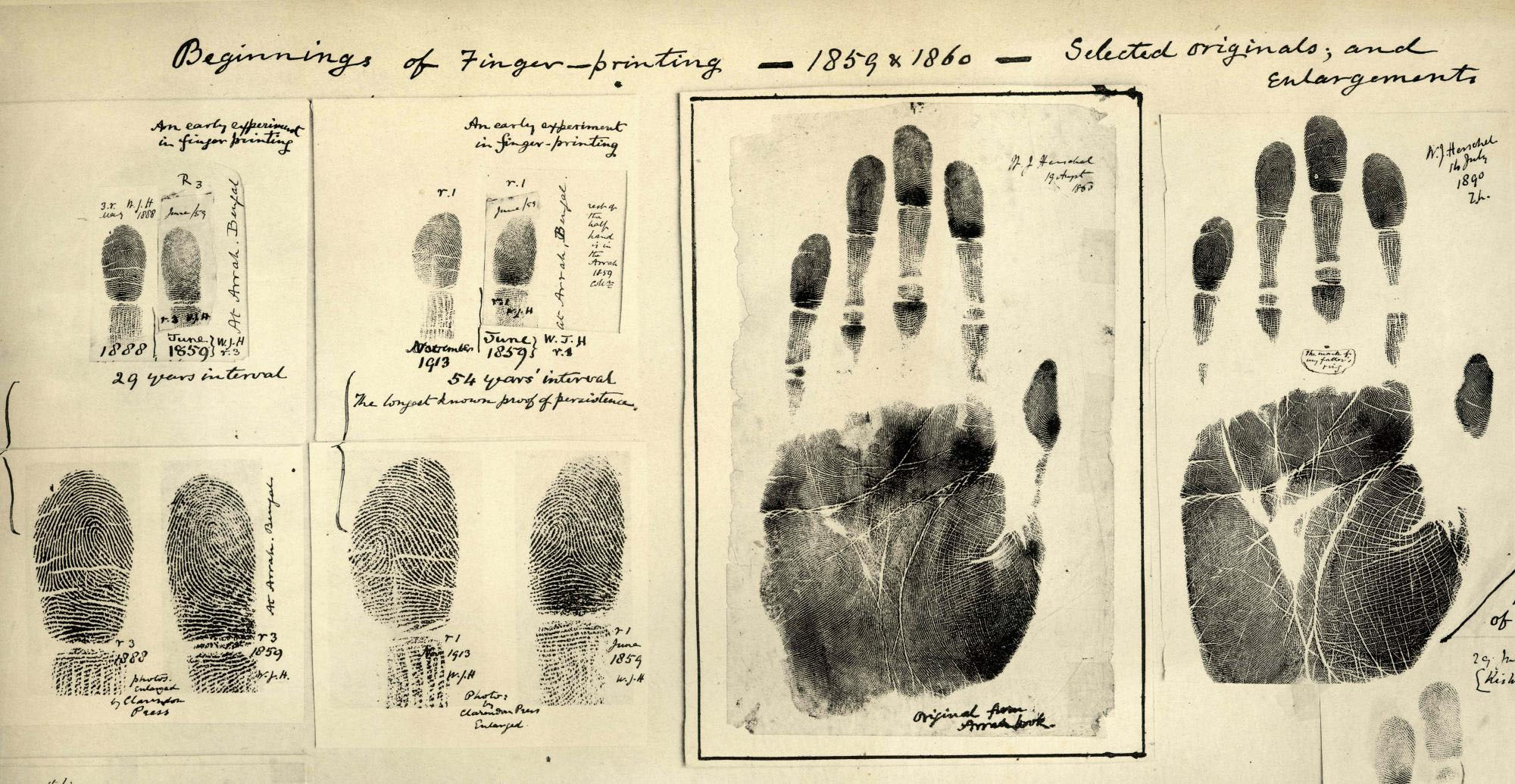
Something that does not seem very exemplary was seen last week in the "greatest democracy in the world". India: The Modi question, produced by the BBC, has been banned by the government of the Indian Prime Minister, Narendra Modi, through the media law of 2021. And when actions have been organized in their universities, the police appear and stop. For the bankers, the documentary would be nothing more than malicious propaganda, built on previously rejected inventions, while for the critics the work of the BBC is limited to revitalising old suspicions and its prohibition is a shameful censorship.
Of course, bustle has created more expectation than it really would have, but I think the key is outside the content of the documentary.
The work consists of two parts, quite distanced: the role of Modi, then local governor, in the massacres suffered by Muslims in the violent Gujarat disputes in 2002, and his collusion with the extreme Hindus activists (rejected in the courts, but politically immortalized); and the one that, since he is the prime minister of India, has been criticized by the Moroccans.
But this is just a review of Narendra Modi's well-known biography. In addition, without too much effort to delve into its more nuanced and clarifying parts (e.g. the indissoluble link of Modi and his BJP party with the Hinduist paramilitary organization RSS). Perhaps because this would require reflection on the present qualities of the "greatest democracy in the world".
What is less and less reliant on chance comes up with a couple of explanations when explaining the indisputable, which the documentary wants to address Modi’s political image. The first, that in the crisis drawn up by the war in Ukraine the calculated ambiguity of Modi has seriously affected the predictions of some: what is said out loud against China is not heard from India, but it is not because it is not thought.
The second explanation would focus on the G20 summit in New Delhi next fall. There is no doubt that for Modi it is an event, and a challenge. It is more hidden that such summits have become a mess... for some who have lost control.
In any case, if anyone wanted to tickle Modi, it seems that not only has the documentary been banned, but the BBC tax services in India have completely tracked. By chance, of course, now.
Everyone is accounting for what can happen in Trump 2.0 and what can happen in the world. One of the few forecasts that can be given as a little from the knowledge of the subject's frivolity is that relations with China in the United States, at least economic, will deteriorate... [+]
Europar Batasunean berriki onartu den Migrazio Itunak, asko zaildu dizkie gauzak euren herrialdetik ihesi doazen eta asiloa eskatzen duten pertsonei. Eskuin muturraren tesiak ogi tartean irentsita, migratzaileentzako kontrol neurri zorrotzagoak onartu dituzte Estrasburgon,... [+]
In a month's time, when the "biggest democracy in the world" elections, which will begin on 19 April and continue for six weeks, a new factor has ignited the countries that were already quite upset. All the polls predict that BJP’s National Right-wing Democratic Alliance, led by... [+]
Arrandia was inaugurated by Prime Minister Narendra Modi, Ram Janmabhoomi Mandir of Ayodhura, temple of the god Rama's birthplace, on 22 January. When there are three months left for the general elections in India, candidate Modi can say that he has starkly kept one of the most... [+]
India/Bharat is a very rare country in news monoculture, but to say that for two weeks an event has been unseen is not an exaggeration. No less surprising in its exceptionality, which is the humanitarian profile of the incident.
On Sunday, November 12, at dawn, between Silkyara [+]
Ten months remain for the general elections in India to be held next May, and it can be said that timelines are being consolidated. INDIA was established last week in capital letters at the Indian National Developmental Inclusive Alliance, an acronym for the name of the alliance... [+]





















